Purlie. Uncle Tom’s Cabin. Fences. A Raisin In The Sun. Starting with NYC’s African Grove Theatre in 1821, blacks have endeavored to build and sustain a venerable presence in theatre for African-American actors, performers and playwrights. From what began as early minstrel-type plays and evolved into musical theater and dramas with social commentary, black theatre showcased pre- and post-slavery cultures norms and traditions while developing the best of the talented into game changers (Ossie Davis, Ruby Dee, Sidney Poitier, Loretta Devine and Cicely Tyson, to name a few).
TeCo Theatrical Productions, a multicultural theater company based in Dallas, has been nuturing and showcasing locally-based actors, directors, designers and writers for TV, stage and film since 1993 and hosting Annual New Play Competitions for over a decade. Buster Spiller, one of this year’s six chosen finalists, is in the running with his latest original play, a romantic comedy entitled Nappily Ever After. In a recent phone interview, the award-winning author, professional playwright and freelance journalist spoke candidly about TeCo, his latest creation and why arts are so important, locally and nationally, to children of color.
What is the process you tend to use when writing a stage play?
“It varies on each project; I’m a people and situation observer so anything can birth an idea. I usually sit down and directly write it out, do a treatment and really develop the characters, from the way they shuffle their foot to how they chew their food. One of my early plays, My Funny Valentine, was written in one evening.”
Is there a formal training or particular discipline you followed in college while learning to write screenplays?
“It depends on the person. You can apply that formal structure and formatting that will be taught, but sometimes that raw creativity can get lost in all of the formality of the technique and that rigid structure. What I did was go to Half-Price Books, purchased some plays and read those structures and storylines. The more plays you read and the more plays you attend, the easier it is for you to find your own voice.”
There has been a lot of focus on bringing back arts programs to schools. Why do you personally think it’s so important to our children exposed to more of those endeavors?
“It seems as if, in this country, our kids are no longer being lead to innovate or to be entrepreneurs, but to be workers. Years before they know who they are and before their frontal lobes are fully developed, we’re pressuring them into becoming ‘worker bees’ when other countries are exceeding our progress because they encourage that mindset.”
Some students also seem to have earlier access and training to creative arts than those in other districts or communities, how does that happen?
“The phaseout started with earnest in the late 70s, less and less recess and creative arts, but even within the remaining public schools utilizing great creative arts programs, there is a particular hierarchy of who has access. Take DISD’s Booker T. Washington High School for the Performing and Visual Arts, for example: in a school district that’s over 70 percent Latino and 20-odd percent black, the population of white students in attendance there—-students who are less than 5 percent of DISD—-make up 45 percent of that campus. Those blatant discrepancies are rarely examined and our ‘black schools’ don’t have that high level of advocacy, so those children and their creative potential can languish.”
What advice do you have for a young person who wants to pursue their passions in the arts when others might be pressuring them to go into other fields?
“Follow your bliss and don’t let anyone talk you out of it. Other countries understand better than the US does right now that creativity can be molded into hard capital, which will lead to innovations and eventually result in those coveted jobs.”
TeCo Theatrical Productions’ 13th annual New Play Competition, Thursday through March 1. All six shows are staged each night. Preview show is 7:30pm. Thursday, Bishop Arts Theatre Center, 215 S. Tyler St., Dallas. Tickets are $10. 214-948-0716.

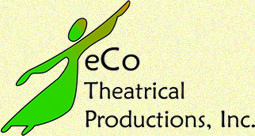
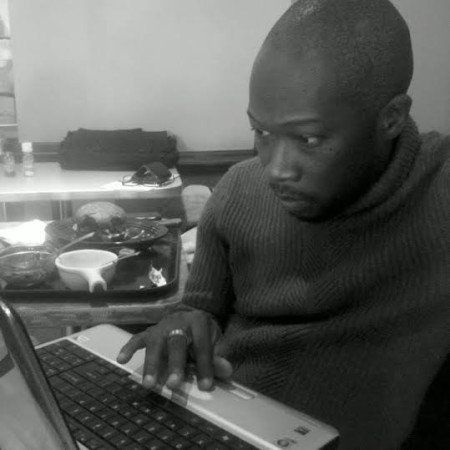
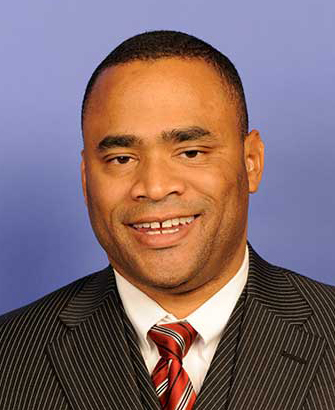
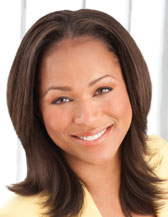
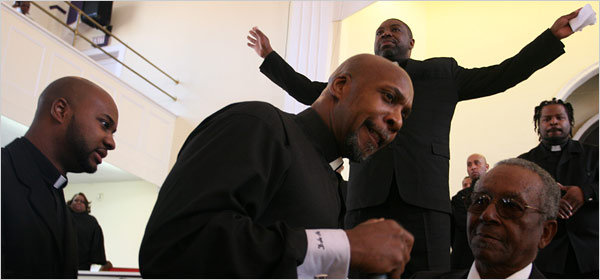
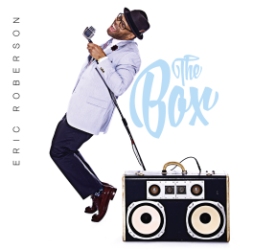
1 Comment
A lot of good information on this web site.
February 16, 2015 at 10:22 am